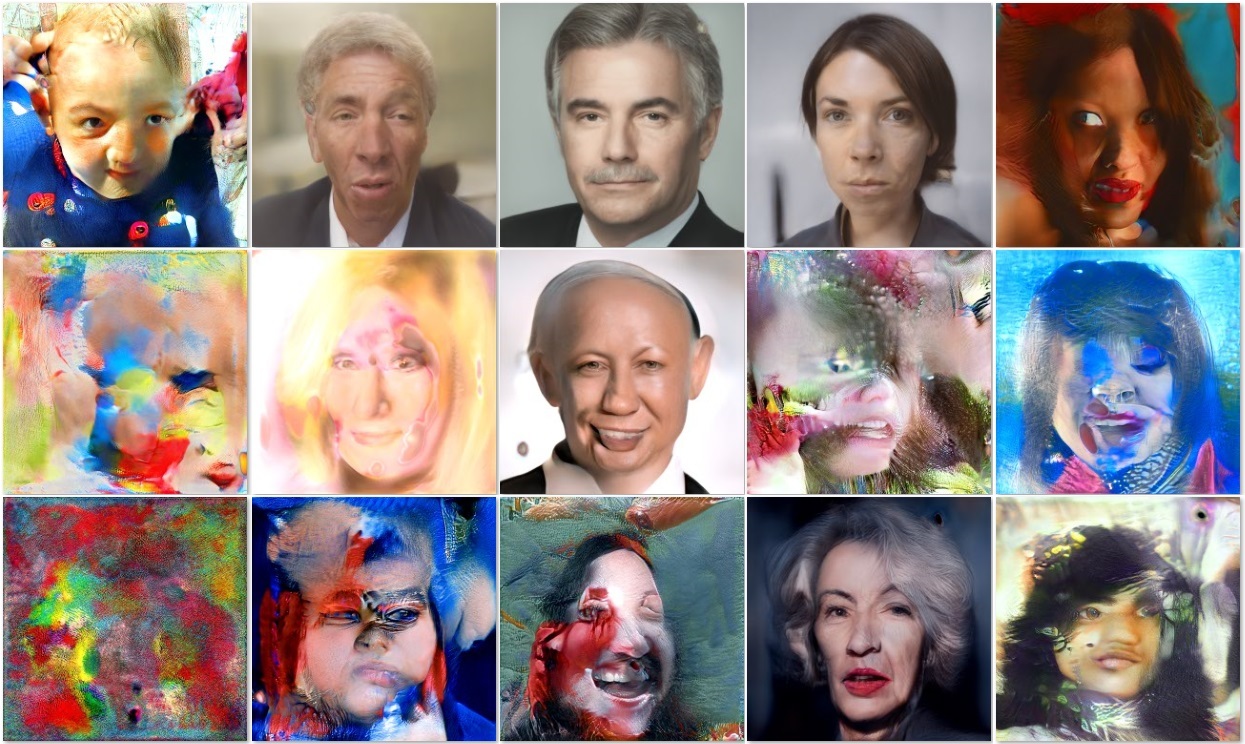12-14 June 2020/ online
Avatars in Zoom for All!
(a tutorial)
(a tutorial)
Eyal Gruss is a new-media artist and a machine learning practitioner. He also holds a PhD in physics. His artistic works explore and exploit the relationship between poetry, technology and society. They include poetry, algorithmic poetry, interactive installations, digital performances, AI art and online interventions. Gruss gives talks and workshops on machine learning and computational creativity, with focus on making them accessible to artist and to the general public. His works were exhibited in Bloomfield Science Museum in Jerusalem, Bat-Yam Museum, Herzelia Museum for contemporary arts, Meter-Al-Meter festival, Ars-Electronica festival, Print Screen festival, Fresh Paint festival, Karov theater, DLD in Tel-Aviv, SVA in New York, Heinz Nixdorf MuseumsForum, Midarom Festival, Utopia Festival, Petach-Tikva Museum, Stuttrart FilmWinter and most importantly the Internet, to name a few. Gruss is also running a opportunities newsletter and mini-residency for new-media artists.
How can you be anyone in ZoomSpace? We will see how very recent (as of mid April) open-source code allows doing live real-time deep-fake in Zoom and Facebook Live. Where does this put us on the axis in between the promised cyberntic utopia and trolling potential: infinity!? Can this be a middle ground between online participation policing and personal privacy? A Significant part of the workshop is a hands-on jam, where we will create deep fakes, using online tools which do not require prior coding or machine learning know how. We will also practice playing with live avatars in zoom. This tutorial will be focused on applicative and creative aspects. Deep fakes, like AI, like electricity, like fire, like any technology can be used for good or bad. While the media likes to up-play the bad side, as an AI practitioner and AI artist, I like to emphasize the good side. In my talk titled "fake anything", I discuss several aspects of using deep fakes for good. These include privacy *preserving* media creation, opening up new documentary genres, changes in our self image as regard to media representation, allowing complete virtual self expression, but perhaps most important: raising awareness and healthy skepticism toward media. You do not need advanced technology to spread blood libels, and photos have been faked as early as 1898. Video is harder, but Hollywood and Disney could do it in the 50's. Deep fakes are coming and we cannot stop it. What we can do is educate. Once this is ubiquitous, once anyone can do it, maybe people will think twice before going out and burning cars because of some fake news. This will take a few more years until its a click away, and in the mean time I think it is our responsibility as digital artists to liberate the technology and make it accessible, instead of trusting it in the hands of the few. So yes, there is an issue and yes, I believe we should tackle it. It is not about spotting fakes, it is about seeing the large spectrum of current day possibilities in media creation and manipulation.

*For the Zoom meeting, please, keep your audio/ video mute. Use the applicable pronoun and a real/ nick name in the Zoom profile (e.g. Newton's Binomial/ they). If you want to ask a question - let us know in the Zoom chat, we will switch your cam and mike.
Meeting ID: 837 8030 2138 Password: 855267
The admission will be closed 10 min after the start.
Meeting ID: 837 8030 2138 Password: 855267
The admission will be closed 10 min after the start.
Workshop/ Tutorial
June 13, 14:00 (CEST)
June 13, 14:00 (CEST)

